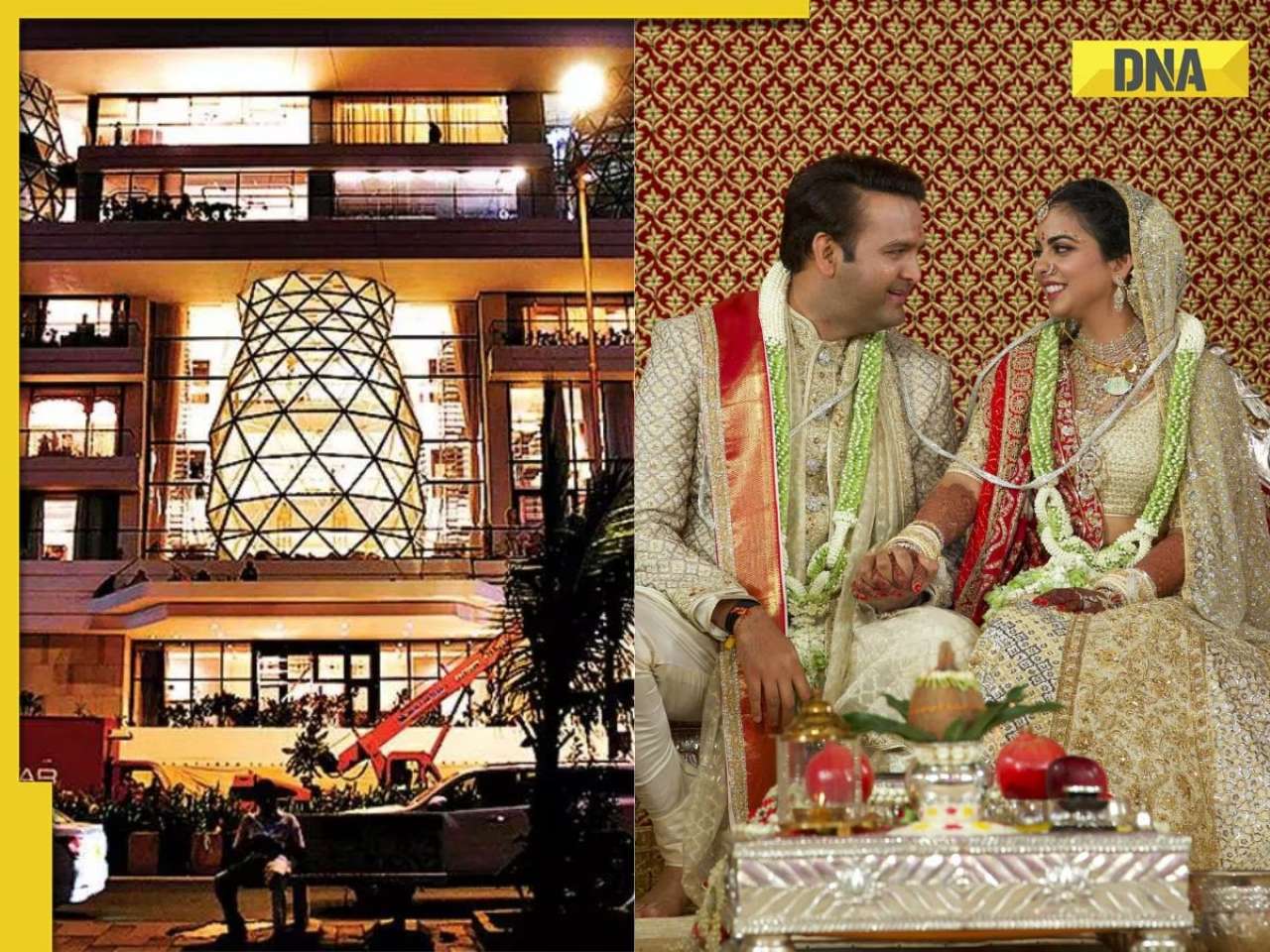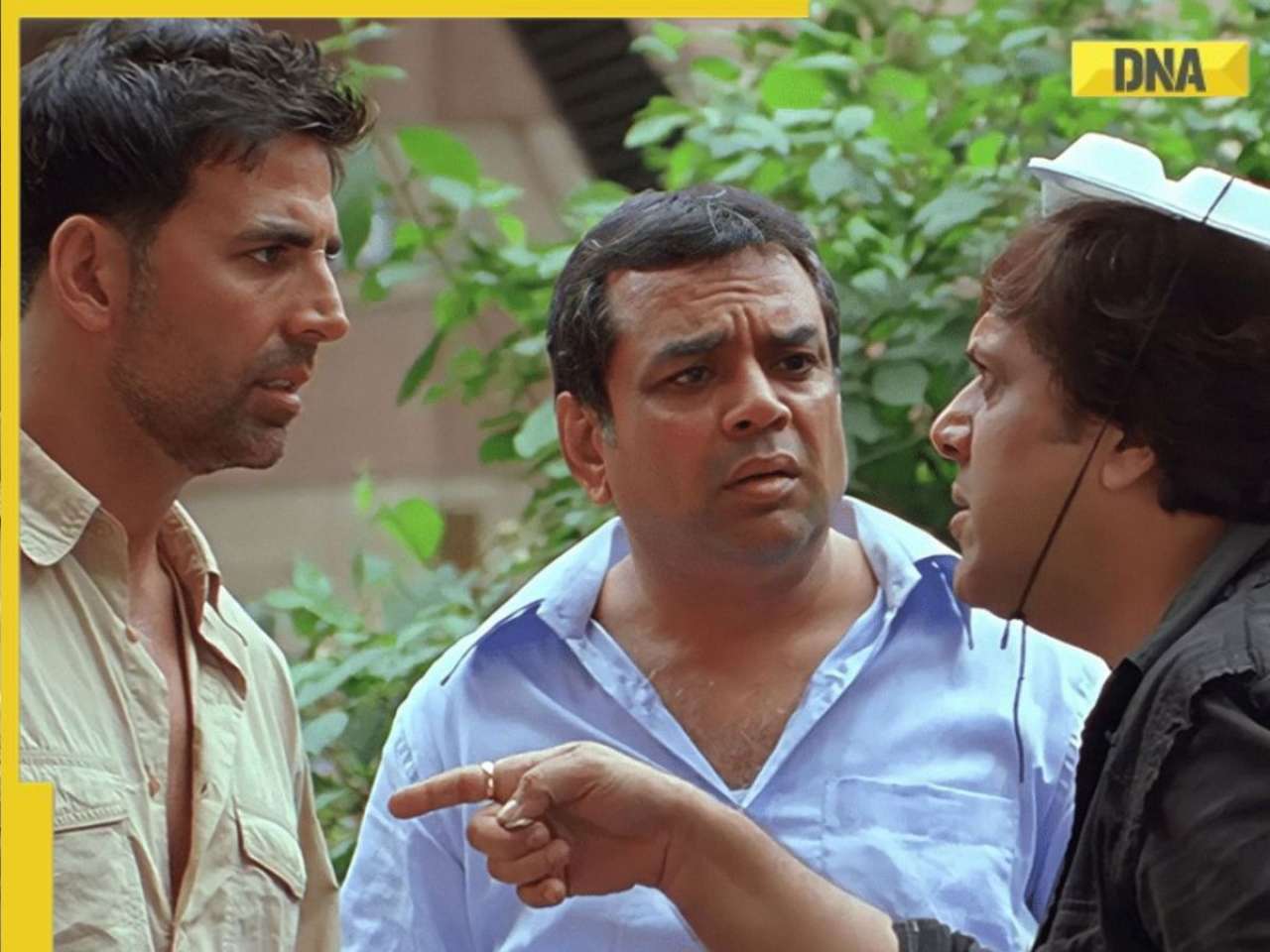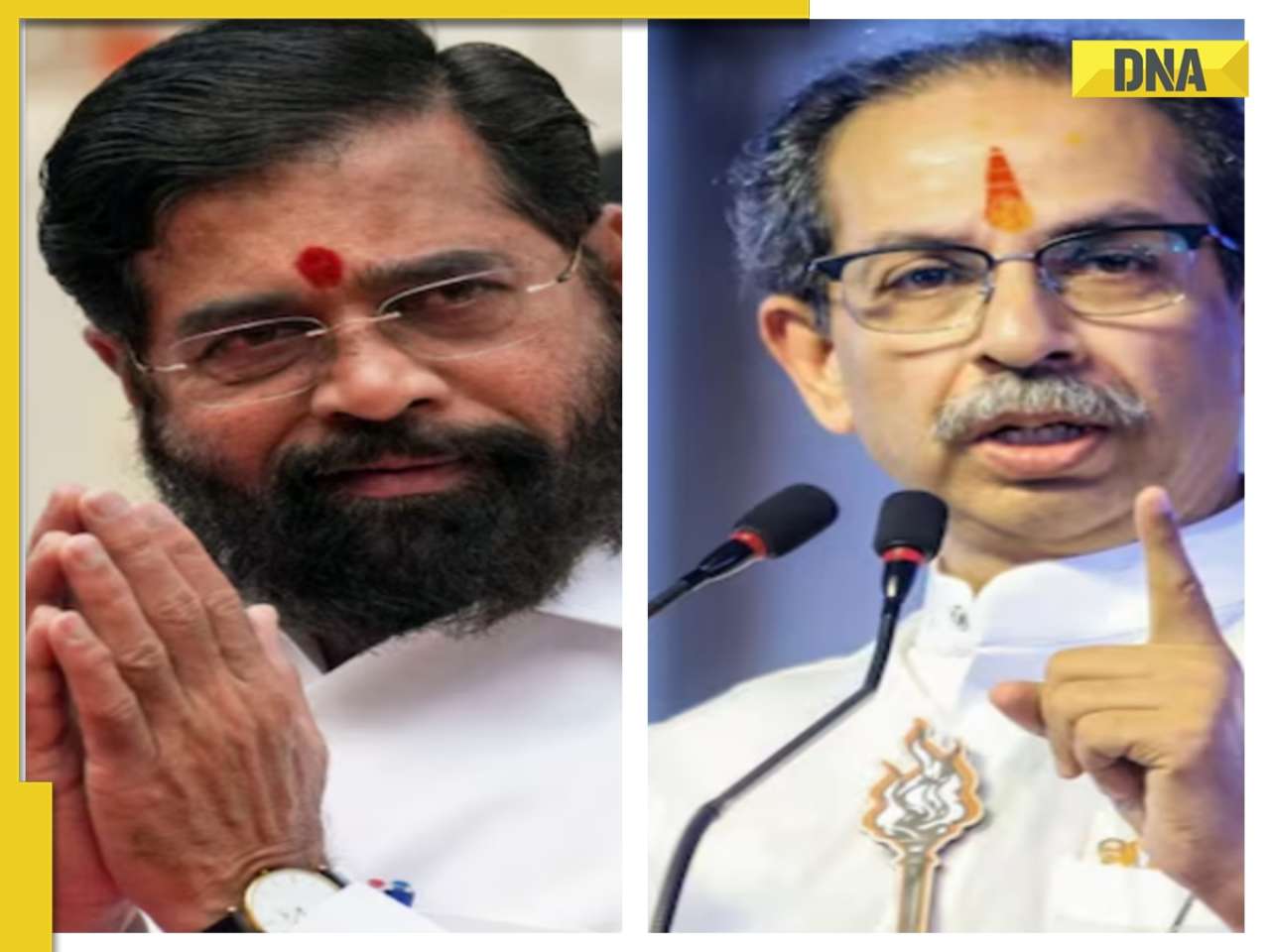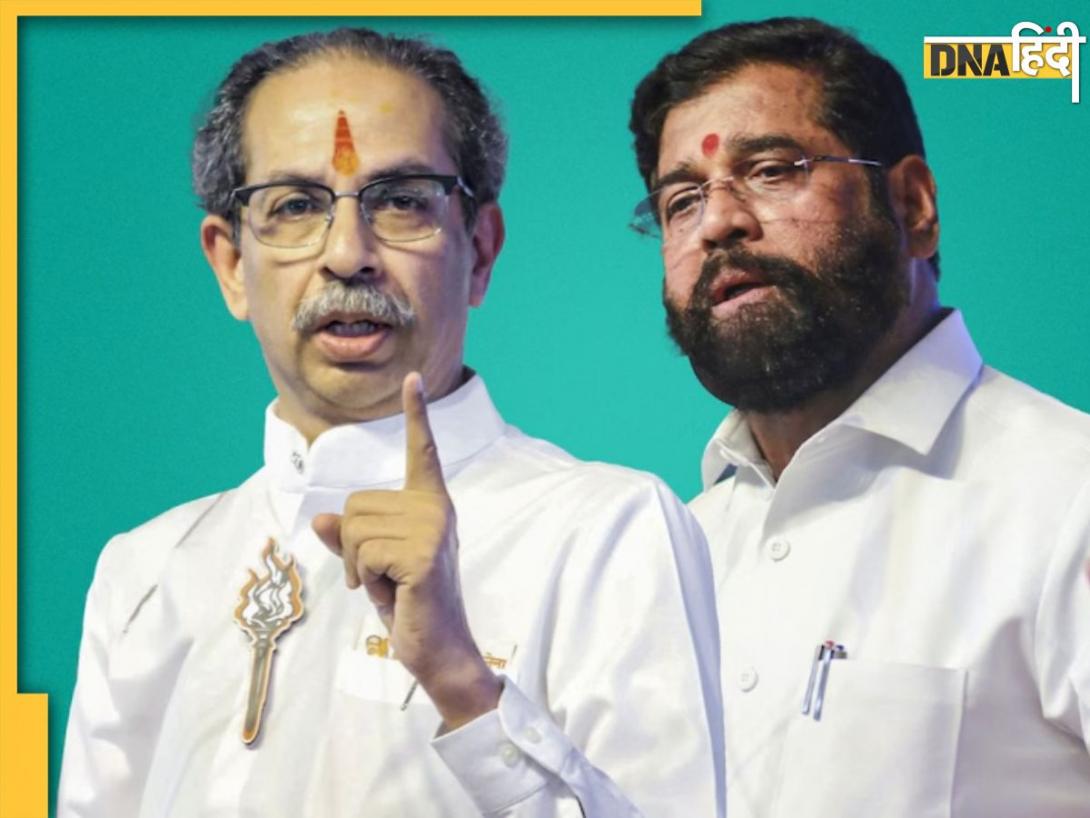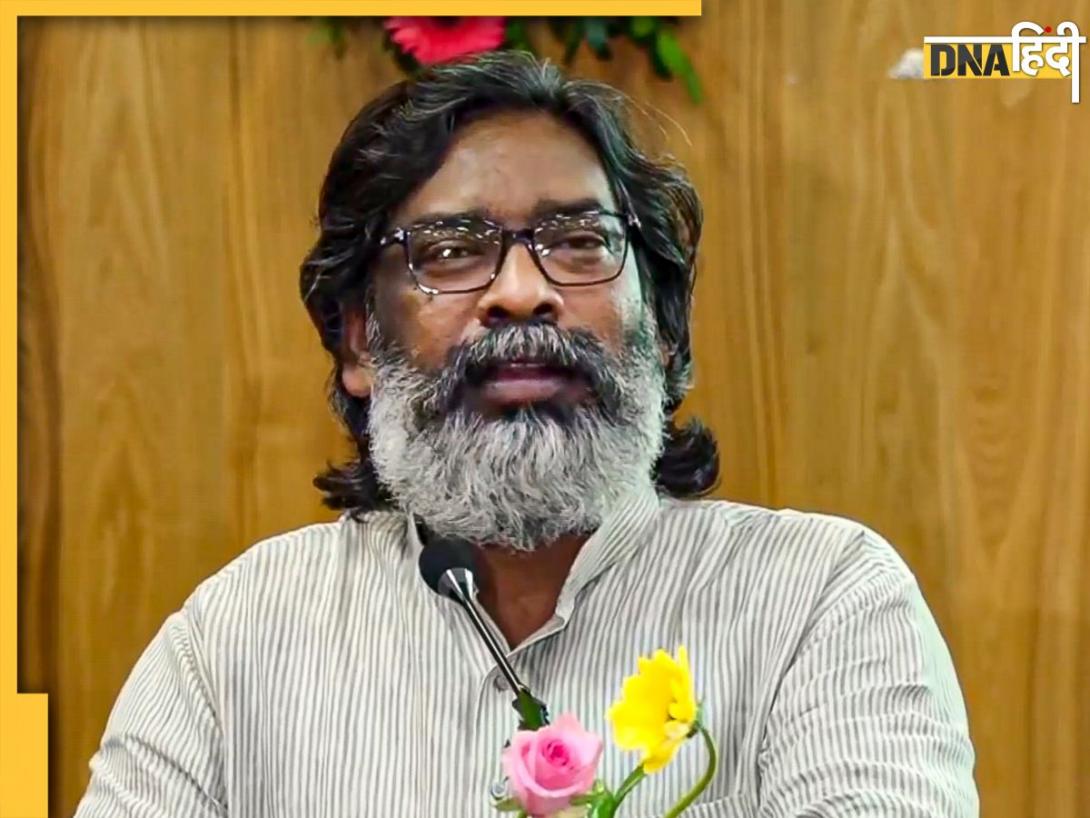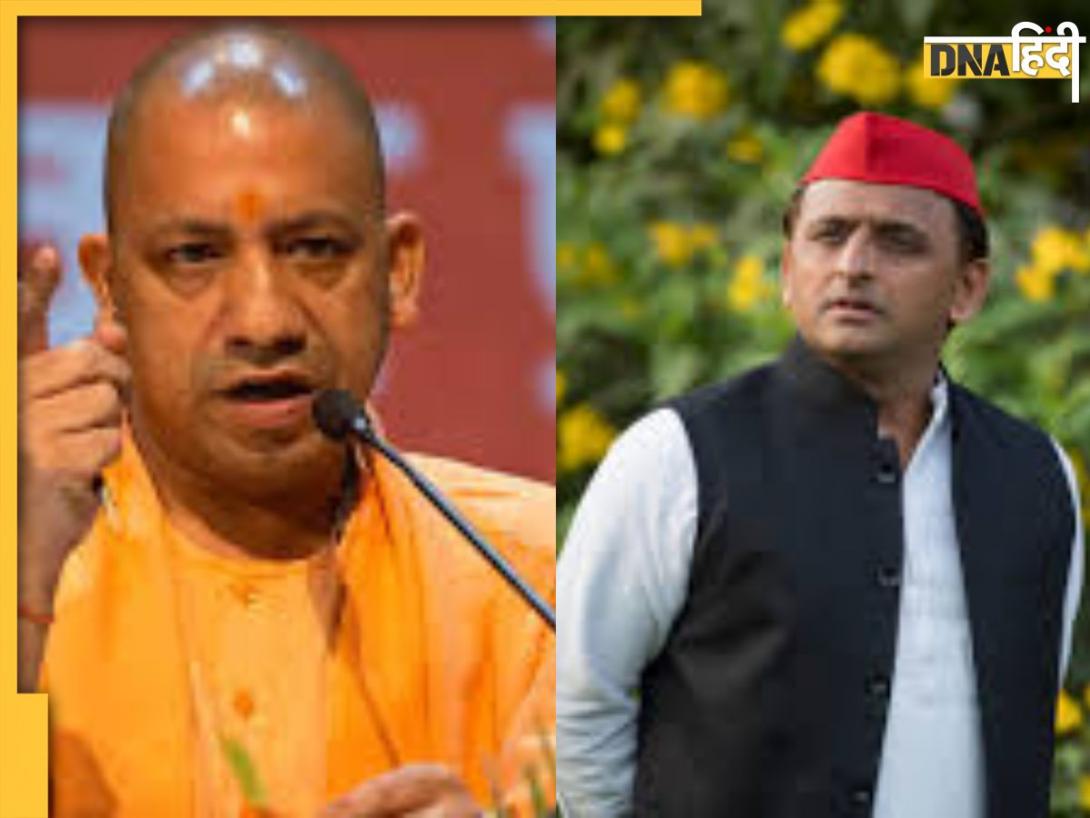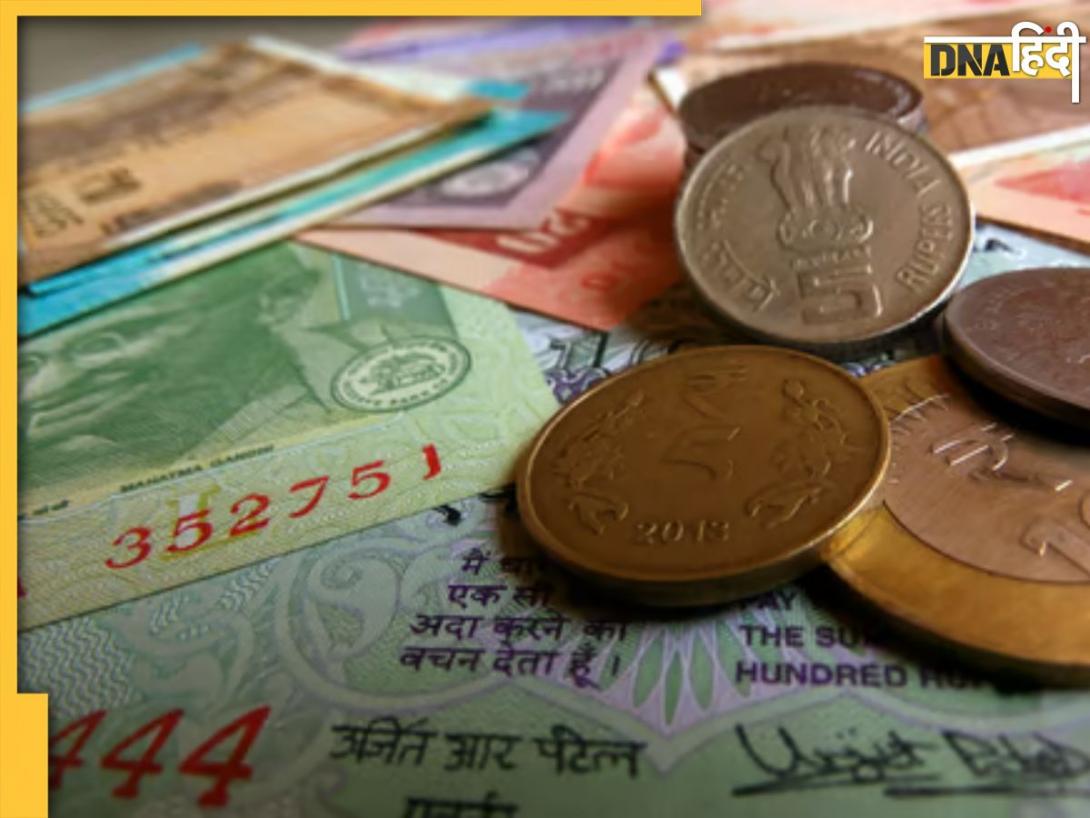- LATEST
- WEBSTORY
- TRENDING
WORLD
Is Mubarak the Berlin Wall of the Arab world?
It was the Egyptian army’s statement that brought it all back: “To the great people of Egypt, your armed forces, acknowledging the legitimate rights of the people ... have not and will not use force against the Egyptian people.”
TRENDING NOW
It was the Egyptian army’s statement that brought it all back: “To the great people of Egypt, your armed forces, acknowledging the legitimate rights of the people ... have not and will not use force against the Egyptian people.” In other words, go ahead and overthrow president Hosni Mubarak. It’s all right with us.
It reminded me of the day of the first big anti-Communist demonstration in Moscow in mid-1989. There had already been non-violent demos in other Communist-ruled countries like Poland and Hungary, but this was Russia. The enormous crowd filling the broad Garden Ring Road was visibly nervous, and I was staying near the edge of the crowd so I could dodge into a doorway if the shooting started.
Then I noticed that there were Soviet army officers, in full uniform, among the protesters. It was going to be all right: the military wanted change just as much as everybody else. Tahrir Square in Cairo today is the same: the army is with the people.
The army statement in Cairo rang the death knell for Mubarak’s regime, even if he still insists that he will stay in the presidential palace until the election scheduled for September. That won’t happen. A transitional government led by other people will organise the election. But the echoes of an earlier revolution set me to wondering: is this the Arab world’s 1989?
In 1989 the collapse of the old order started in the “satellite”countries, not in the Russian heart of the empire, just as the current revolt against the Arab status quo began in Tunisia, a relatively small and marginal Arab country. The Eastern European landslide only started to sweep everything before it in November, 1989, with the fall of the Berlin Wall. So is Hosni Mubarak the Berlin Wall of the Arab world?
He certainly could be, for Egypt is the most populous Arab country, and the tactics and goals of the Tunisian and Egyptian peoples closely resemble those of the peaceful revolutionaries of Eastern Europe in 1989. The Arabs, too, are successfully using non-violent tactics to bring irresistible moral pressure on tyrannical and corrupt regimes, and they are demanding just the same things: democracy, justice and prosperity.
The non-violent formula worked in two to three weeks in Tunisia, and it looks like it will take about the same time in Egypt. At first the president is defiant and sends police thugs out into the streets to attack the protesters, but he cannot use massive violence because he knows that the army would not obey a shoot-to-kill order. Much like in Eastern Europe in 1989.
Then begins the retreat. First the president promises reforms. Then, when that doesn’t work, he fires the entire government and creates a new cabinet (but it’s still full of hated regime cronies). Then he promises to leave power at the next election, but argues that he must stay for the transition period to guarantee “stability.” And finally, he gets on the plane and leaves.
Tunisia has travelled that entire route since mid-December, and Egypt is passing through the next-to-last stage. Other Arab countries may be on the same road: the demos began in Algeria and Yemen in December. They’re only three weeks old in Jordan, but the king has just fired the entire government and appointed a new cabinet with orders to carry out “true political reforms.”
Fully half the population of the Arab world might be living under different, more democratic regimes a year or two from now. The European 1989 delivered precisely that in just two years; why can’t the Arabs do the same?
They can, of course, but the period after 1989 in Eastern Europe was not entirely happy. The immediate result, in most countries, was a fall in living standards, not a rise. One major country, former Yugoslavia, was torn apart by war. There were various smaller wars along the ethnically fractured southern borders of the former Soviet Union, and Russia ended up back under a gentler sort of authoritarian rule.
The risks for the Arab world are comparable: short-term economic decline, civil war, and the rise of new authoritarian regimes, probably fuelled by Islamist ideas. Nothing’s perfect. But what we are now witnessing in Tunisia and Egypt, and may also see elsewhere, is a great liberation not just from dictatorship, but from decades of corruption and despair. That’s worth a lot.
The author’s latest book is titled Climate Wars, and he lives in London
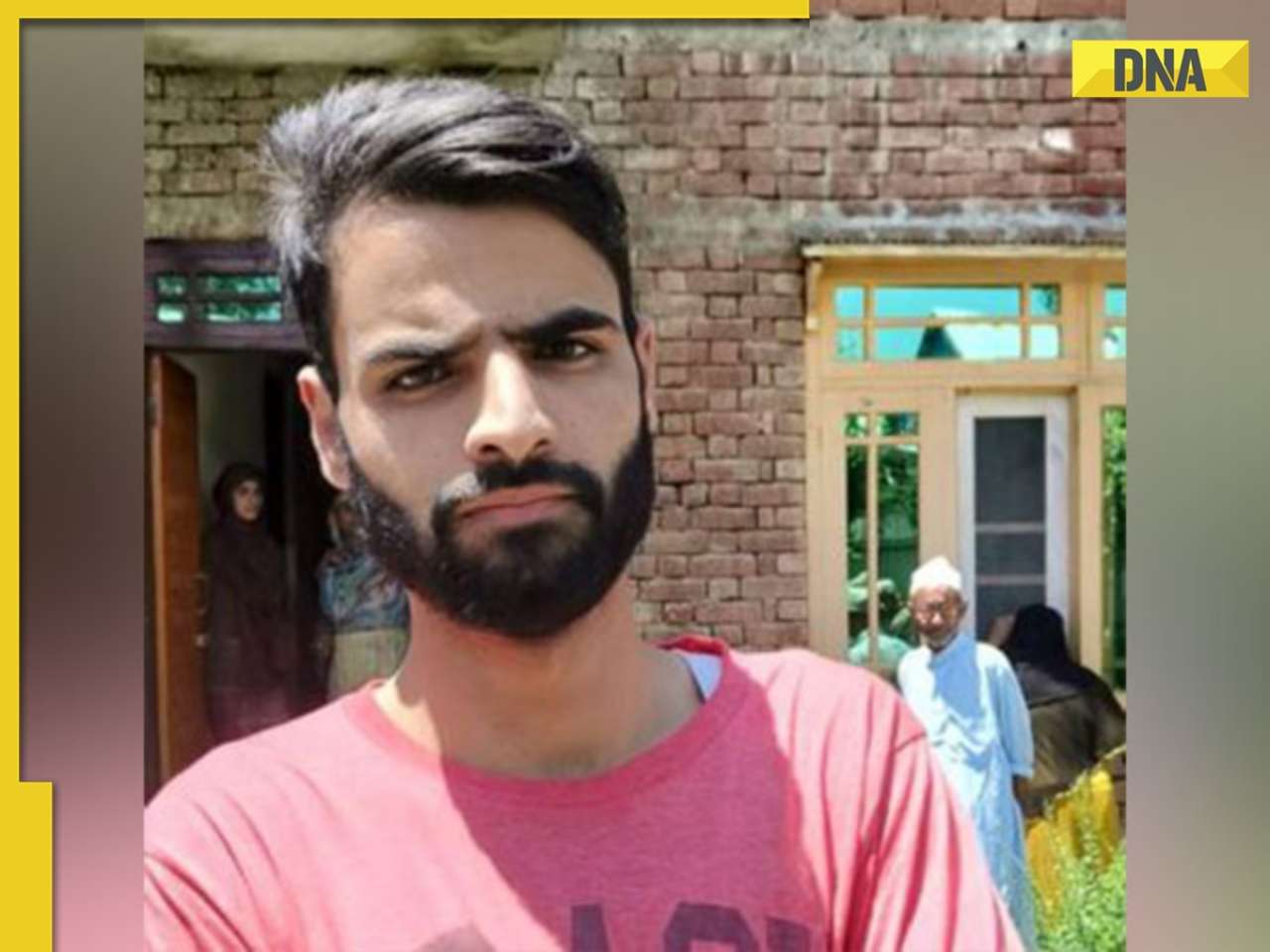







)
)
)
)
)
)
)
)
)
)
)
)
)
)
)








